#Thomas Mitchell
Photo



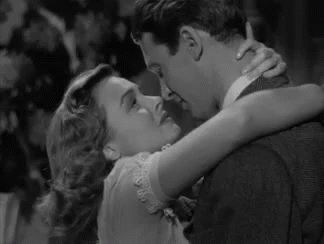
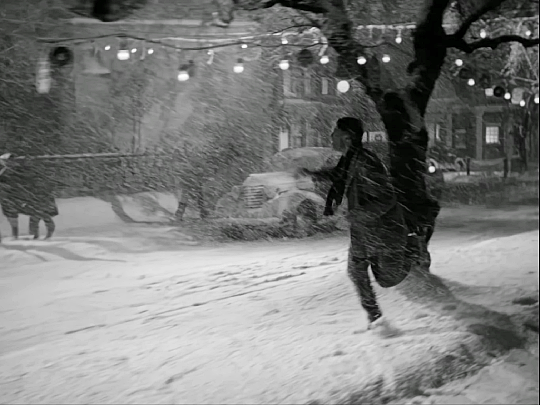
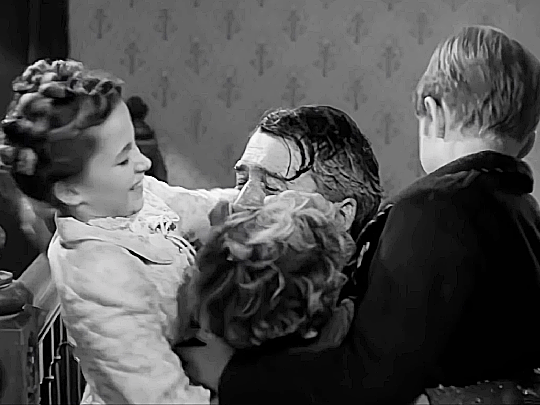



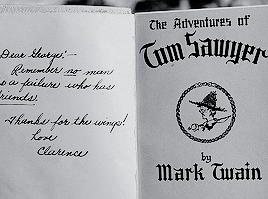
#its a wonderful life#ist das leben nicht schön#james stewart#donna reed#lionel barrymore#henry travers#thomas mitchell#frank capra
659 notes
·
View notes
Text
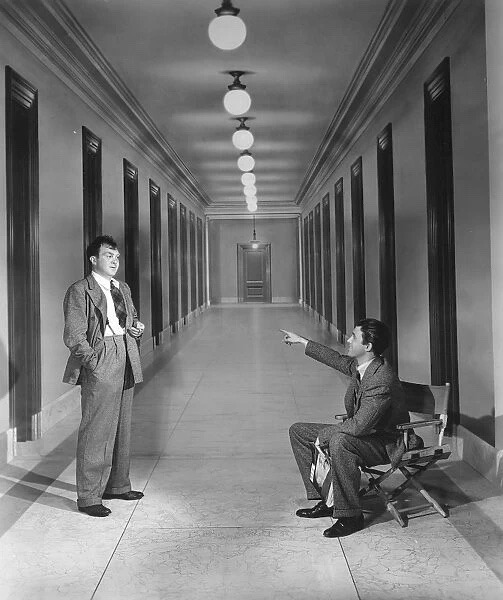
Thomas Mitchell and James Stewart for Frank Capra’s MR SMITH GOES TO WASHINGTON (1939) #DailyStewart
32 notes
·
View notes
Text

#gone with the wind#thomas mitchell#vivien leigh#barbara o'neil#ann rutherford#evelyn keyes#30's#hollywood#vintage#late 30's#1939
37 notes
·
View notes
Text
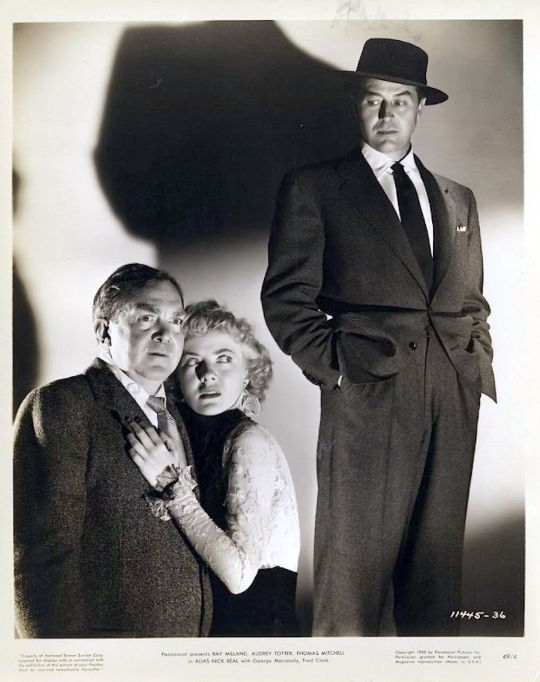
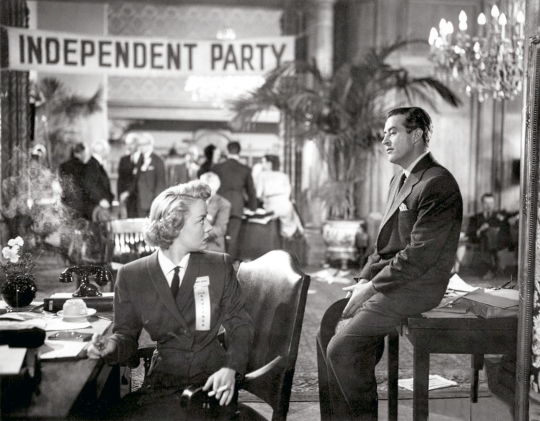
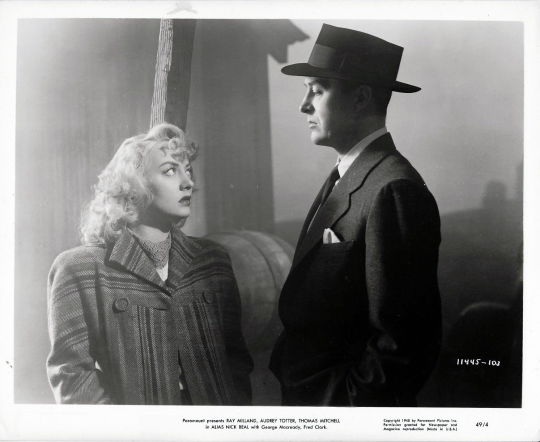
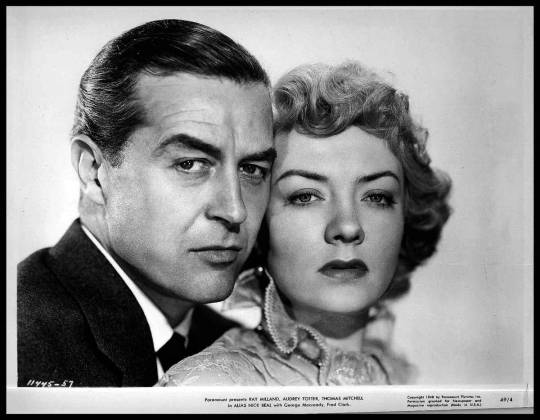
𝑨𝒍𝒊𝒂𝒔 𝑵𝒊𝒄𝒌 𝑩𝒆𝒂𝒍 (1949)
Ray Milland as 'Old Nick,' in a fantasy film noir about a Faustian bargain between Satan and a city D.A. played by Thomas Mitchell. With Audrey Totter. Beautifully atmospheric.
31 notes
·
View notes
Text
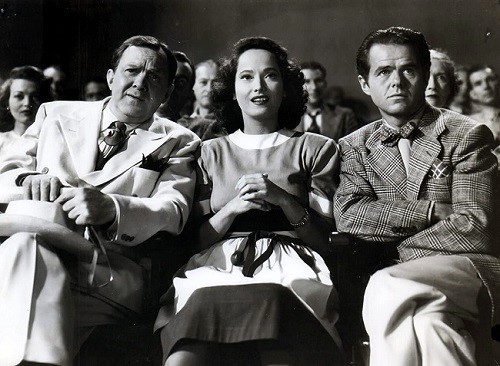
Thomas Mitchell-Merle Oberon-Elisha Cook Jr. "Aguas turbias" (Dark waters) 1944, de André De Toth.
12 notes
·
View notes
Text
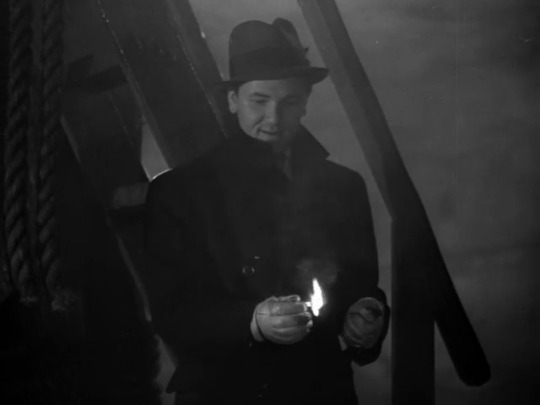
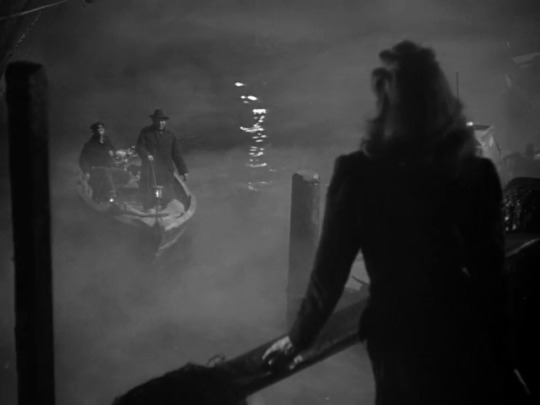
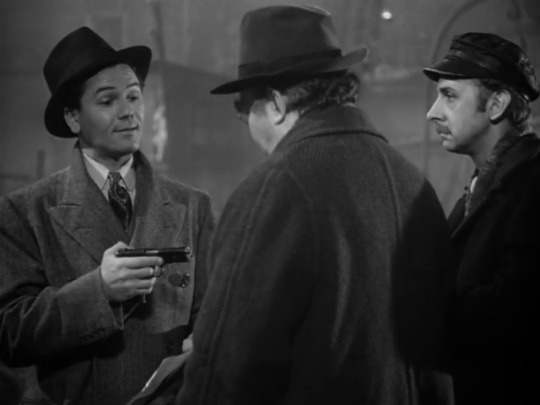






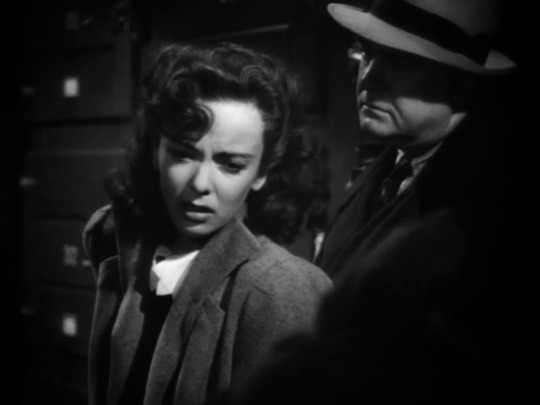
“Look baby, you only live seventy years if you’re lucky.”
Out of the Fog (1941) dir. Anatole Litvak
#out of the fog#1941#anatole litvak#ida lupino#john garfield#thomas mitchell#eddie albert#1940s#noir#noirvember#november 2023#screencaps
11 notes
·
View notes
Text
Christmas Classics: It's a Wonderful Life (1946)
When a frustrated businessman, George Bailey, becomes suicidal, an angel from heaven is sent to him.
Through George's trials and tribulations, we witness the resilience of the human soul and the transformative power of love, friendship, and the bonds that tie people together.
And let me tell you that I absolutely loved It's A Wonderful Life, I always appreciate a film with this kind of positive message - it's important that they exist in our world, and it was very important when it came out after WW2 ‐ but I can't help but think about where the line between complacency and gratitude is drawn.
Part of me wants to buy the all-too-good-to-be-true message and relish in the final act of the film, but, honestly, how often is life actually like that? Are films like this made to satiate those who never fulfilled their dreams and got stuck doing something they hated? To keep people from trying something they never thought was possible and break new ground? Maybe the message that life is a gift is enough because, realistically, we will never fulfill our wildest dreams and it's better to stick with that mentality for one's own sanity. Who knows.
I like how this film makes you (the audience) also feel like you have woken up from a terrible nightmare only to find yourself in familiar surroundings again.
I guess it's important to appreciate what you have but also not be afraid to take that step forward and try something new or be selfish from time to time. It's interesting watching this film from a modern lens. But these are just some random thoughts.
I think James Stewart delivers a performance for the ages as George Bailey, a man whose dreams are ALWAYS sacrificed for the betterment of his community. His heartfelt portrayal captures the essence of George's struggles and Frank Capra's direction explores the profound impact one life can have on countless others in a way that feels real, without turning it into extreme saccharine, while also evoking a range of emotions, from tears of joy to poignant introspection. This is a testament to his mastery of storytelling.
A great film that definitely makes you think and stays with you.
Clarence is a pimp by the way, I'm SO glad he got his wings. Attaboy!
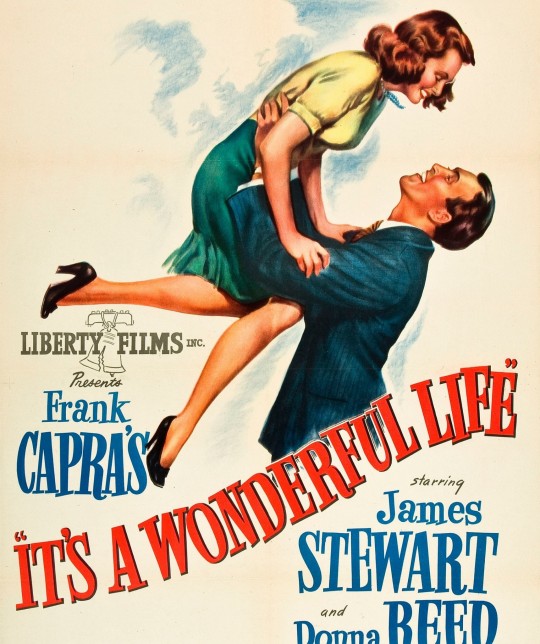
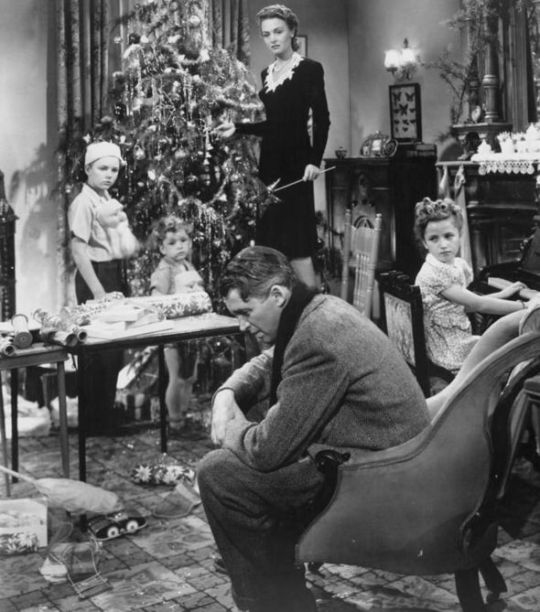
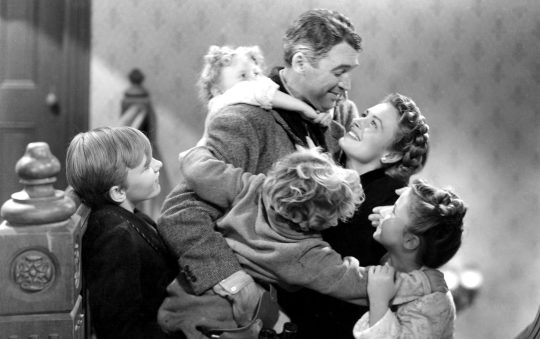
#christmas classics#christmas movies#it's a wonderful life#james stewart#jimmy stewart#frank capra#donna reed#lionel barrymore#thomas mitchell#it's a wonderful life 1946#old Hollywood#golden age hollywood
9 notes
·
View notes
Text
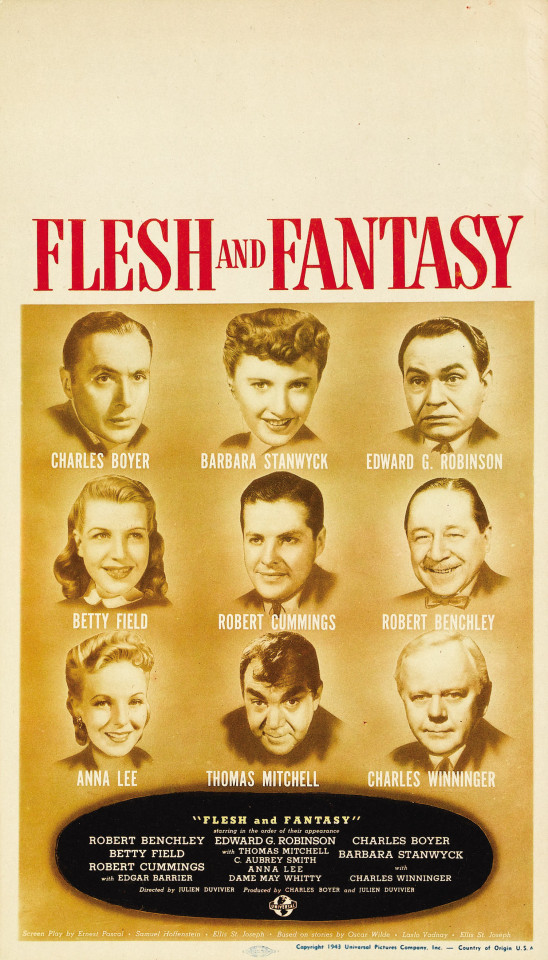
Flesh and Fantasy | Julien Duvivier | 1943
#Julien Duvivier#Flesh and Fantasy#1943#Edward G. Robinson#Charles Boyer#Barbara Stanwyck#Betty Field#Robert Cummings#Robert Benchley#Anna Lee#Thomas Mitchell#Charles Winninger
13 notes
·
View notes
Text
Mr. Smith Goes to Washington: Genre and Themes
At first glance, indeed, even at second glance, Mr. Smith Goes to Washington doesn’t seem to really lend itself to a specific genre the way The Goonies or The Princess Bride did. Whereas those films positively dripped with the atmosphere of an adventure or fantasy film, Mr. Smith Goes to Washington is considerably more ‘real world’ than that, without necessarily heading into ‘slice of life’ territory.
If story is the backbone of a film, the underlying solid base, then genre is the trappings, the flavor, the seasonings the writers get to play with to create their final dish. Some stories automatically come with pre-packaged genre, as it would seem, stories like Frankenstein seem little suited to be anything other than a sci-fi horror film, after all, but most, and indeed some would say all stories have the capabilities of remaining solid in their identities, even with a completely different genre than we’re used to.
In the case of Mr. Smith Goes to Washington, however, there doesn’t seem like there’s a lot of ingredients to mix.

Officially, Mr. Smith Goes to Washington is labeled as a ‘political comedy-drama’, an eclectic mishmash of styles that doesn’t necessarily rear its head too often in the realm of film. Political films tend to be more true stories like All the President’s Men, or thrillers like The Manchurian Candidate. Mr. Smith Goes to Washington is neither. However, that isn’t to say it’s not political.
The entire world of Mr. Smith Goes to Washington is politics. It lives and breathes the inner workings of American bureaucracy, without either exploiting or sugarcoating it.
It is, at its core, an anti-politics political film. There is no pleasure that the film derives from exposing any corruption, nor does it take pains to pretend that corruption does not exist. It freely paints the politicians and the non-politicians as people, dealing with consequences to their actions: from Senator Paine, the tarnished hero, to Clarissa Saunders, the cynical, worn-out tool of Washington. The focus of the story is not so much on the inner workings of the state and country as it is the people that perform them, that manipulate the cogs of the machine to their own benefit, and those who stand to prevent it.
It’s not a very technical film. You don’t have to have a degree in law in order to understand the film, or allow it to resonate, and that, perhaps, is what makes it so special.
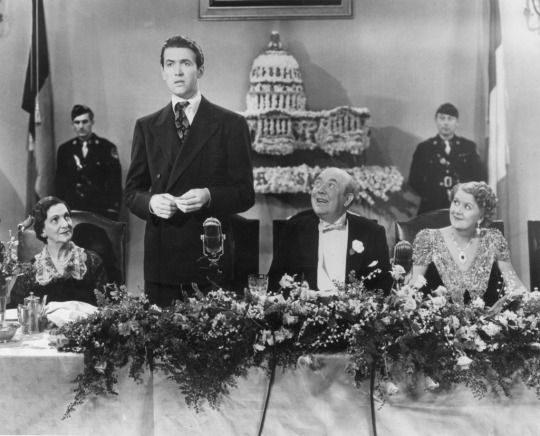
The ‘political’ slant of Mr. Smith Goes to Washington isn’t in the process that Saunders outlines to Jefferson in order to get his bill passed. On the contrary, the bill itself is a minor incident, the catalyst that forces the corruption out into the open. The story isn’t about the bill at all, nor is it even about the plot of the other politicians: it is about the politicians themselves. There are no parties mentioned, no real figures portrayed, no accurate historical events referenced: and yet something about this film did strike a chord in the very real Washington D.C.
Upon Mr. Smith’s release in Constitution Hall, DC dissolved into uproar about the film’s portrayal of American politics, to the point that Alben W. Barkley, the Senate Majority Leader at the time, remarked that it: “makes the Senate look like a bunch of crooks”.
In other words, something about this film struck some people, mostly the people in Washington, the wrong way. And yet, even at the time of its initial release, audiences, the Mr. Smiths of the USA, adored it for a reason.
At its core, chiefly, yes, Mr. Smith is a film about politics, and even history. Every fiber of the movie vibrates with patriotism, with love for America, and with pride in democracy. The film is not a condemnation as such as it is a warning: ‘we will lose what we have built if we think only of ourselves.’ It is a perfect combination of both a celebration of America’s past, and a concern for the future, a notation of the path the nation’s leaders seemed to be going down. Mr. Smith Goes to Washington is a story about big P Politics, all right, but it is not a scowling, scolding film, pointing an accusatory finger at the little p politicians, the fallen white knights. It is instead a film that holds up a figure of a person who knows on what the country was founded, and believes in it so strongly enough that he forces a change, even if it’s a small one.
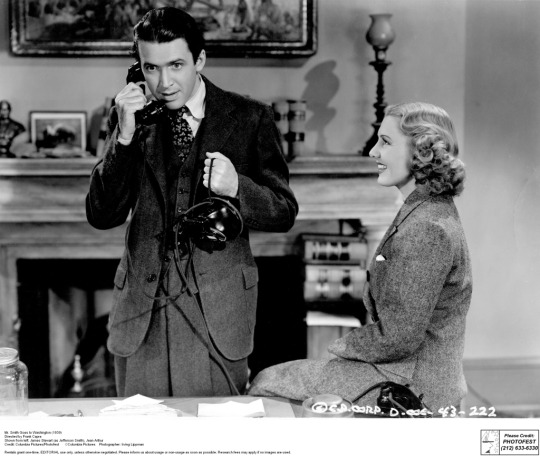
And the film is also pretty funny, too.
The genre of ‘comedy’ tends to bring to mind slapstick or wordplay classics, and in the 1930s, the ‘comedians’ definitely had their specific brands: the Marx Brothers, the Three Stooges, Laurel and Hardy, and others were taking cinema by storm. Audiences, especially in the middle of the Great Depression, desperately wanted a laugh, and even though there were no pratfalls in Mr. Smith Goes to Washington, there is a wry sense of humor about it, particularly near the beginning.
Early scenes in this film play almost like scenes from a ‘fish out of water’ comedy, with Jefferson Smith having no idea how to function in the new, fast-moving, cynical climate of Washington D.C. Other characters, such as Saunders and Diz, exist as quip-generating machines, full of the fast-paced, witty dialogue characteristic of films of the time. Many of the more comedic sequences in the story come about through direct conversation between Saunders and Smith and the subsequent clash of ideas and personalities.
So yeah, Mr. Smith is a pretty funny movie at times. I must admit though, it’s hard to make the argument that it’s a comedy.
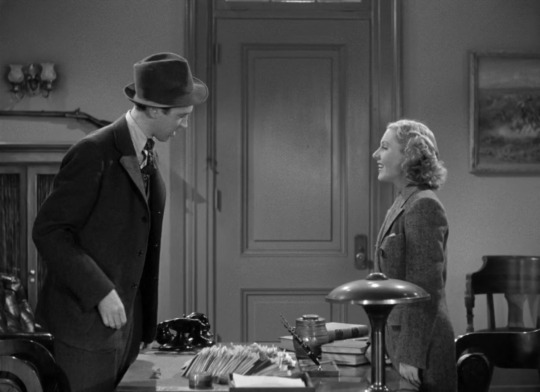
Smith’s plight is not comedic, at least, not more than halfway through the story. He is not a comedic figure, nor are most of the characters around him. While one could make the argument that the initial conceit of the story is comedic, I am hard pressed to agree that the story remains a comedy throughout. If anything, the throughline of tragedy seems clearer, notably in the character of Senator Paine.
Paine is what Smith could have been: a noble figure broken by greed, by corruption, by fear, turned into another cog in someone else’s profit machine, willing to throw countless people under the bus for gain. By the end of the story, he is not only guilty, he is convicted, ashamed after being forced to confront what he has become. His story nearly ends in suicide, and it certainly ends in the ruination of his career, after having thrown away belief in all of the words he is so used to spouting. He is the warning thrust up before contemporary Washington’s eyes: the white knight tarnished by greed.
Smith’s story, though uncorrupted, is similarly bleak: unbelieved, unheard, and unable to get the word out, he ends the film exhausted and crushed after hours of seeming futility. The film’s happy ending does not come as a result of all of his hard work, but through the guilt of Senator Paine driving him to confess. Smith does not reach the climax of the film like a comedy protagonist does at all, but like a tragic hero.
And yet, this film isn’t a tragedy either.
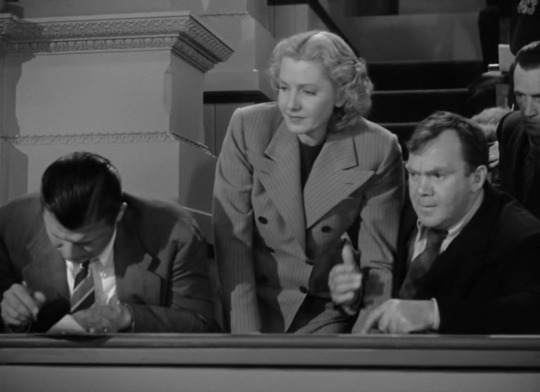
So what is it?
I have a theory: that a film’s genre can be best solidified through a few major checkpoints: its themes, and its characters, specifically its protagonist.
The themes of Mr. Smith are obvious ones: duty to one’s country, certainly, but honesty above all. The liars are the villains, and the heroes tell the truth. The story is built around good morals and simplicity, with the center of virtue being Mr. Smith himself.
In another era, Smith himself may have been a knight in shining armor, risen to his position from peasantry to achieve noble deeds. As it is, in 1930s America, Smith is an ordinary man in an extraordinary position: an everyday guy elevated to the position of senator.
Of course, the intention was never to give him any real power, but nonetheless, power he wields. And it’s his decisions on handling that power that set him apart from the other characters. He behaves very much like a normal person, an average citizen in a political jungle with very little navigation. There is no hero’s journey here: if anything, Mr. Smith finishes the story as a broken, more cynical character rather than a triumphant hero. The victory is in refusing to compromise your principles, no matter the cost or circumstance, and there is no dragon to slay here: just men, corrupted by power.
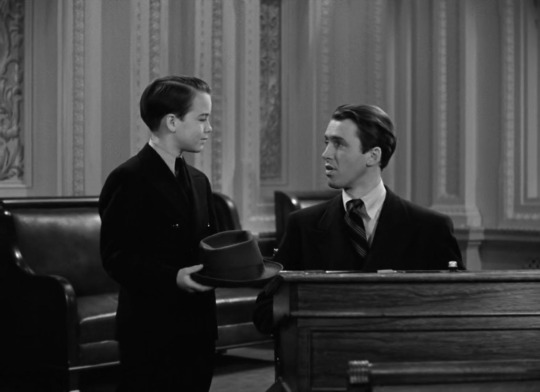
In other words, it’s a drama.
While there are many forms of ‘drama’ in the broad spectrum, typically, the term ‘drama’ means that a subject is more dramatic than humorous, with a primary element of the story being conflict, but not necessarily of the physical kind. It’s a story with more of an emphasis on who the story is happening to, and why, with less concern for what exactly is happening.
Such is the case for Mr. Smith Goes to Washington.
Mr. Smith is a story about real people, people you or I might know, from the virtuous Jefferson Smith to the cynical Ms. Saunders, to the corrupt, but still human, politicians, some malicious, some merely led astray from their previous values. This is not a story of ‘heroes vs. villains’, this is a story about the ‘Right Thing to Do’, and the people with the courage to do it.
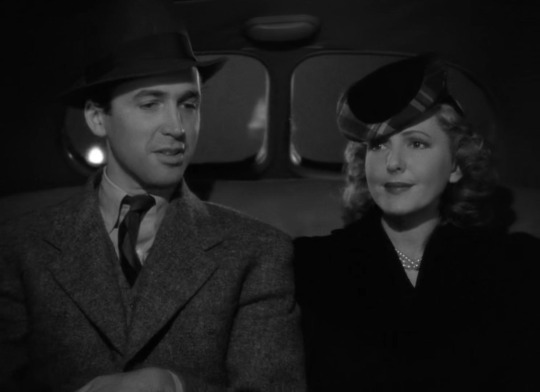
And that’s most of its appeal.
Capra’s passion is for people in this film, the everyday, the ordinary, the ‘Little Guy’ who becomes, not a dragonslayer, but a man with the opportunity to truly do some good, faced with tough decisions. It’s a story full of heart, sprinkled with humor, and loaded with humanity as it views, through very human lenses, the world of politics through a protagonist who’s meant to be a fish out of water.
That is Mr. Smith’s legacy.
The story isn’t groundbreaking. The cinematography isn’t breathtaking. The writing isn’t jaw-dropping. But the people, the characters, live and breathe on the screen as people, characters that the audiences love, and cheer for. We root for these people because of the drama of the situation, and the time and care that the film takes to delve into them.
That, more than the politics of the situation, is the reason people return to this film again and again.
And that, the people, the characters, is what we’ll be turning our attention to next time.
#Mr. Smith Goes to Washington#Mr. Smith Goes To Washington 1939#1939#30s#Film#Movies#Political#Drama#Comedy#James Stewart#Jean Arthur#Claude Rains#Edward Arnold#Thomas Mitchell#Frank Capra
25 notes
·
View notes
Text
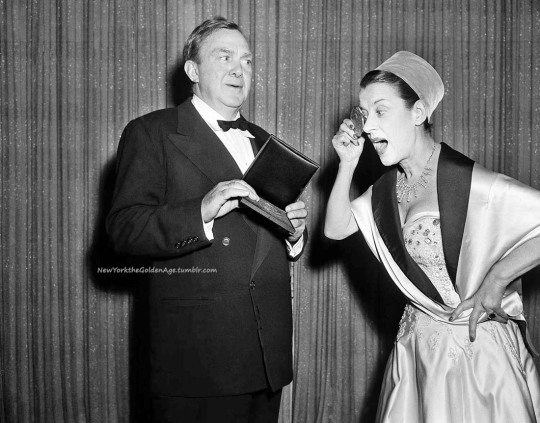
Beatrice Lillie uses her Tony medallion as a monocle to look at the one held by Thomas Mitchell after both of them were honored at the American Theater Wing's presentation of awards at the Waldorf-Astoria Hotel, March 29, 1953. The British star received a special award for her performances through the years and her current performance in An Evening with Beatrice Lillie. Mitchell received his Tony as the best actor in a musical for his performance in Hazel Flagge.
Photo: Marty Lederhandler for the AP via the Washington Post
#vintage New York#1950s#Marty Lederhandler#theater#Tony Awards#Beatrice Lillie#Thomas Mitchell#March 29#29 March#Mar. 29#Antoinette Perry Awards#Broadway
21 notes
·
View notes
Photo

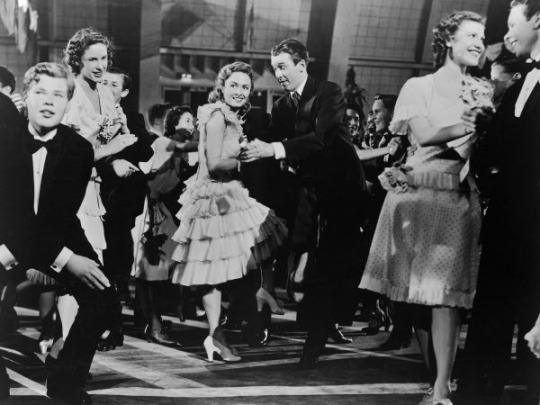
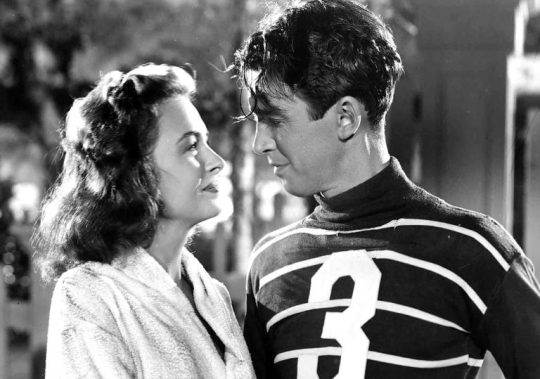
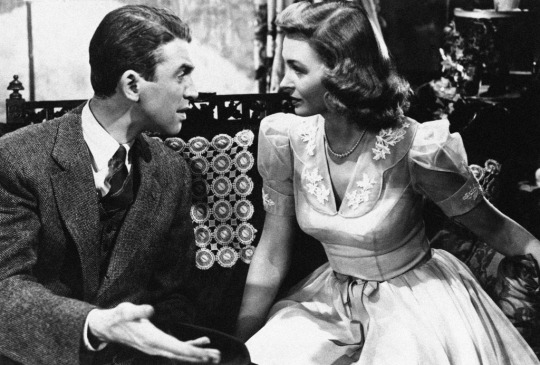
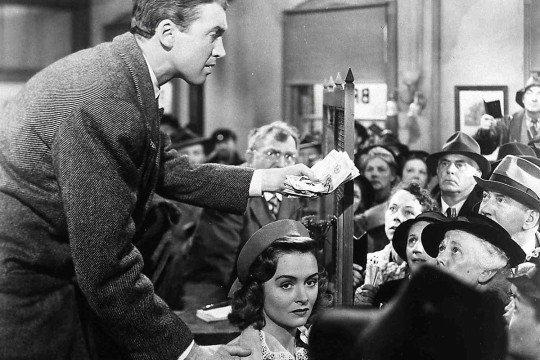
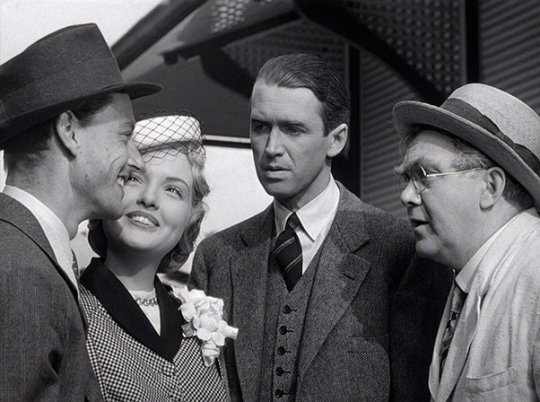
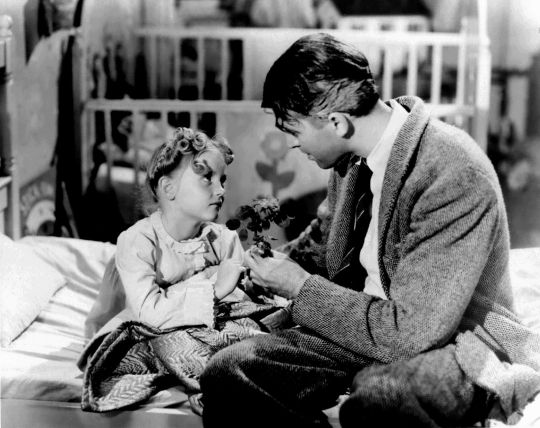
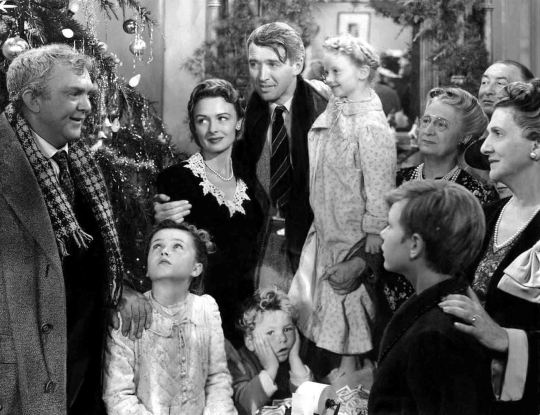
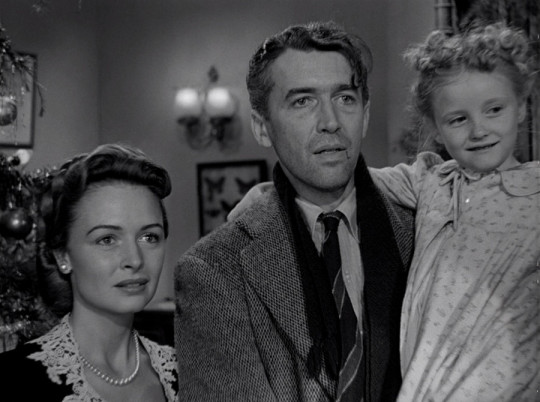
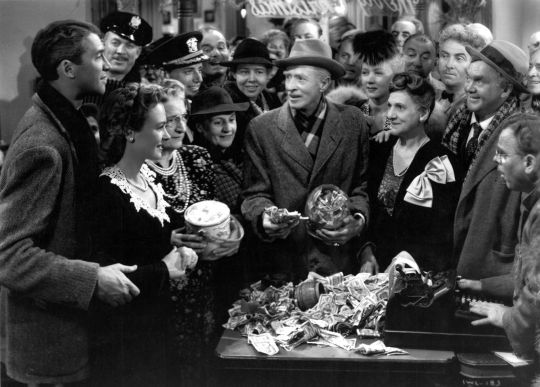
#its a wonderful life#ist das leben nicht schön#james stewart#donna reed#lionel barrymore#henry travers#thomas mitchell#virginia patton#frank capra
69 notes
·
View notes
Text

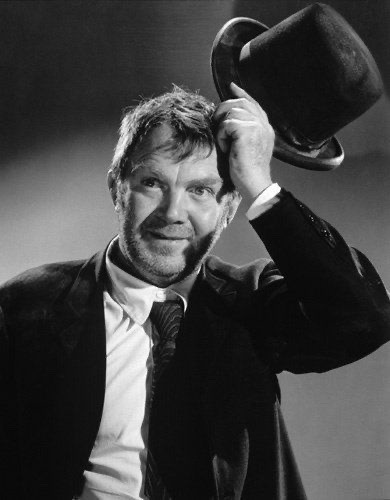
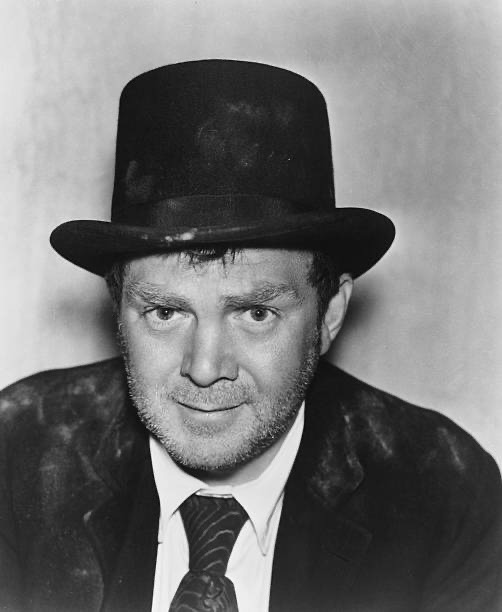
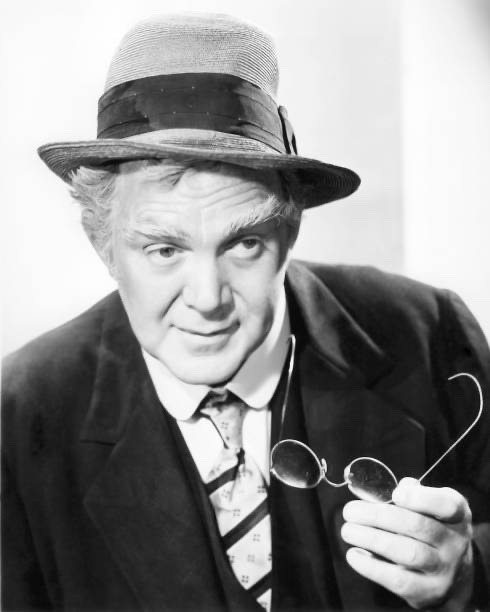
Remembering THOMAS MITCHELL (July 11, 1892 – December 17, 1962)
20 notes
·
View notes
Text
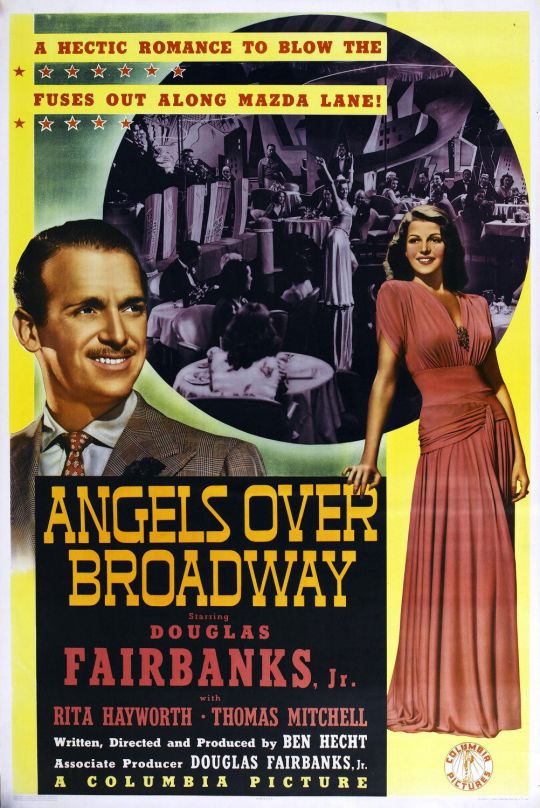
3 notes
·
View notes
Text
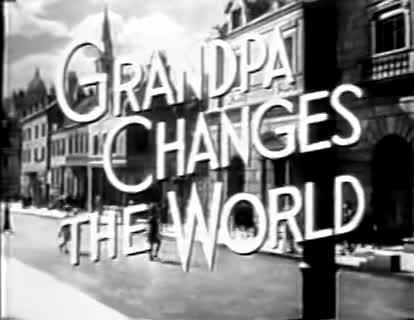
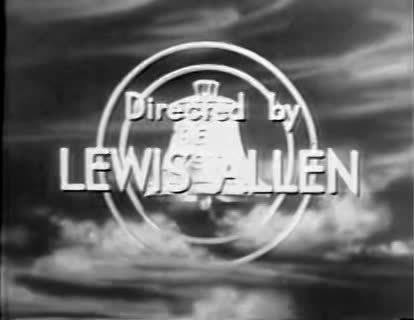
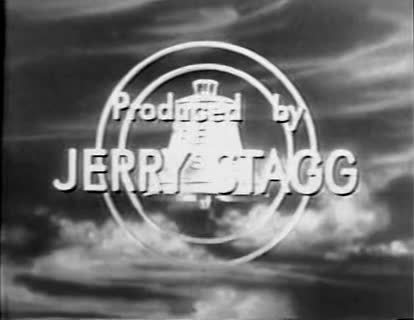
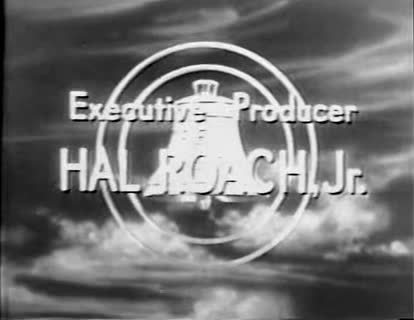
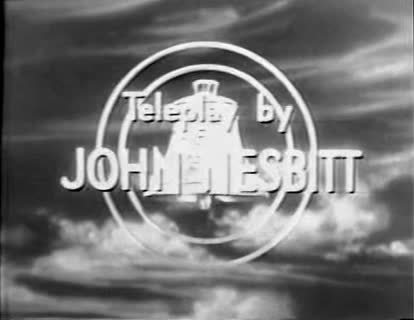
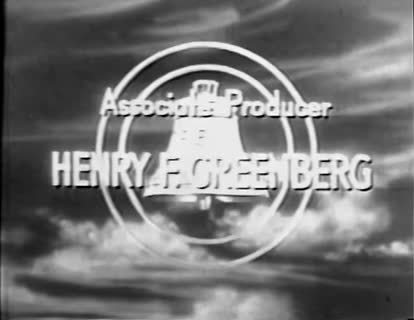
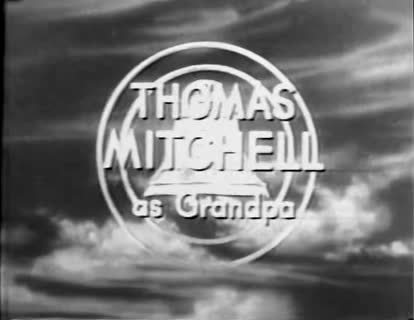
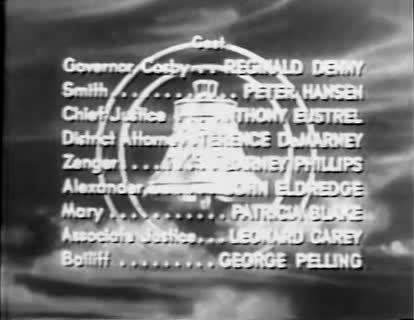
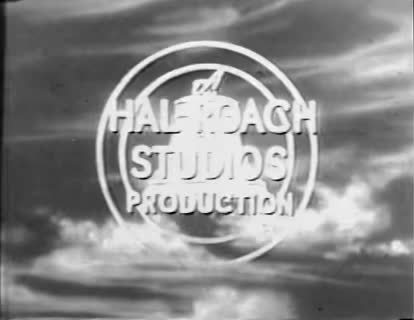
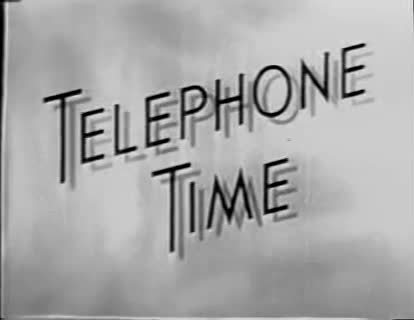
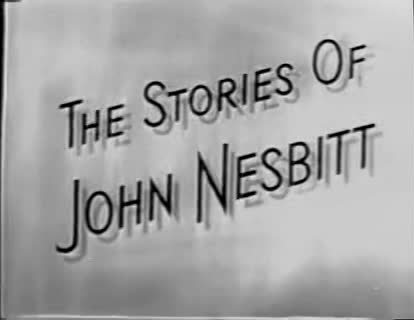
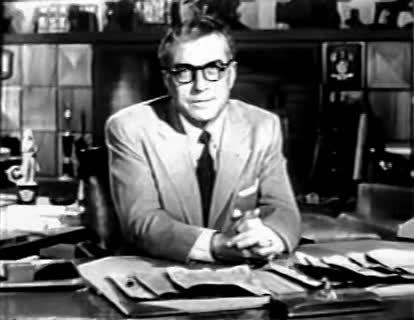
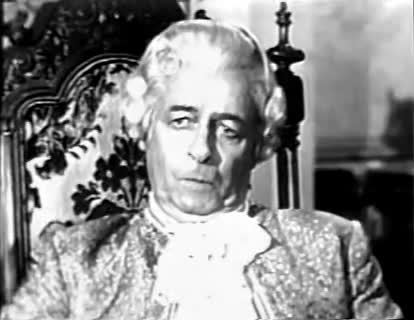
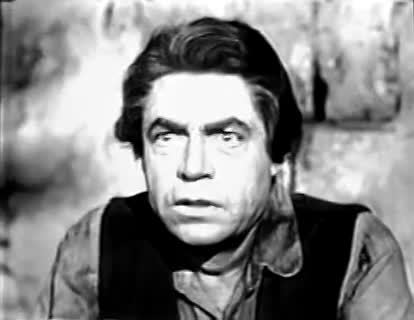
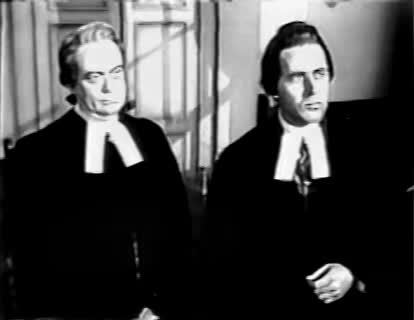
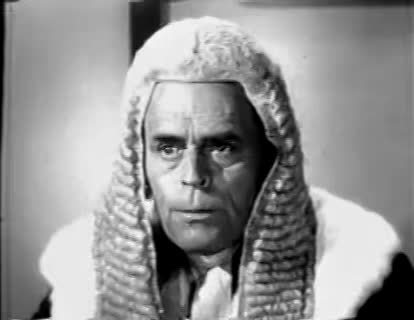
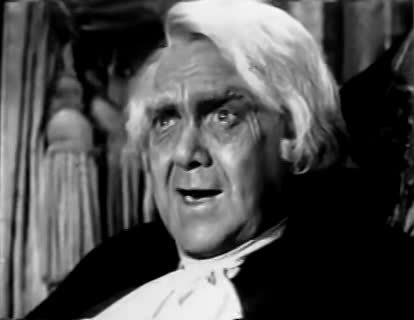
From the Golden Age of Television
Grandpa Changes the World - CBS - July 22, 1956
A presentation of "Telephone Time" Season 1 Episode 16
Drama
Running Time: 30 minutes
Written and Hosted by John Nesbitt
Produced by Jerry Stagg
Directed by Lewis Allen
Stars:
Thomas Mitchell as Grandpa (Andrew Hamilton)
Reginald Denny as Governor William Cosby
Peter Hansen as William Smith, Sr.
John Eldredge as James Alexander
Anthony Eustrel as Chief Justice James DeLancey
Terence De Marney as District Attorney
Barney Phillips as John Peter Zenger
Patricia Blair as Mary Hamilton (credited as Patricia Blake)
Leonard Carey as Associate Justice
George Pelling as Baliff
#Grandpa Changes the World#TV#Telephone Time#Drama#1950's#NBC#1956#Thomas Mitchell#Reginald Denny#Peter Hansen#John Eldredge#Barney Phillips
3 notes
·
View notes
Text
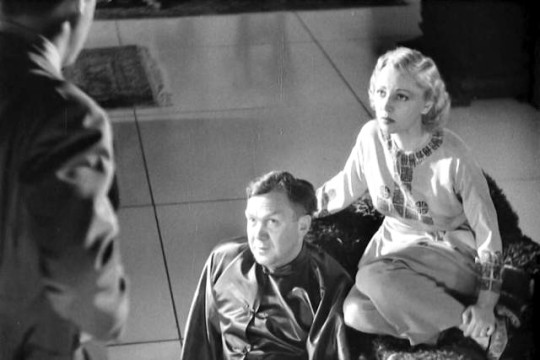
Ronald Colman-Thomas Mitchell-Isabel Jewell "Horizontes perdidos" (Lost horizon) 1937, de Frank Capra.
5 notes
·
View notes
Text
WATCHLIST 2023: The Hunchback of Notre Dame (1939)
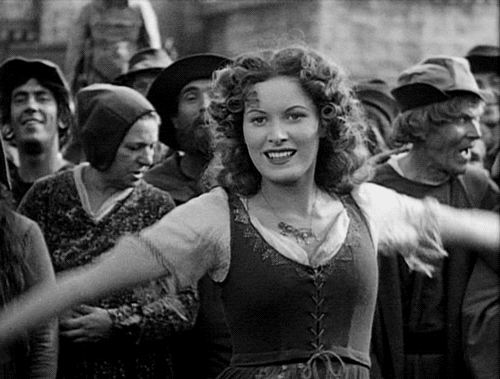


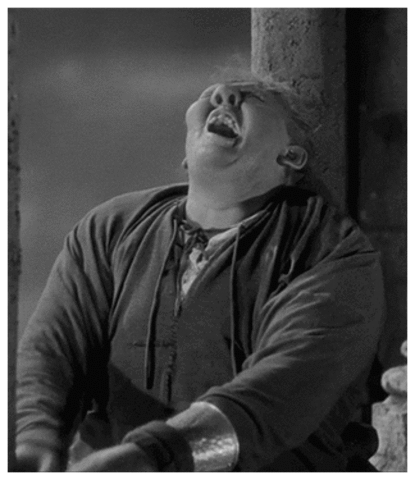
#movie watchlist#the hunchback of notre dame#charles laughton#maureen o'hara#cedric hardwicke#edmond o'brien#thomas mitchell
7 notes
·
View notes